The Story of the Lost Child
Text Publishing, $29.99 pb, 473 pp, 9781925240511
The Story of the Lost Child by Elena Ferrante
Over the last year, Italian enigma Elena Ferrante has become one of the most passionately advocated literary sensations of our time. Enigma, because 'Elena Ferrante' is a pseudonym and no one other than her publisher knows her identity, Ferrante had published several novels before the Neapolitan series, but it is this cycle of four novels, culminating in The Story of the Lost Child (Storia della bambina perduta, 2014) that has made her international reputation.
Comparisons with the other great serialised novel of recent times, Karl Ove Knausgaard's My Struggle, are inevitable. As stylists, Knausgaard and Ferrante could not be more different. With My Struggle, Knausgaard eschews literary conventions such as linear story-telling and refined prose in pursuit of more immediate access to lived experience. In contrast, Ferrante dives so wildly headlong into her story that you wonder how she can possibly keep it up over 1,700 pages of prose. And yet there are affinities too: both are presumed to be works of autobiographical fiction, both chart the developing consciousness of a writer, and both pursue their subjects with an abandon that makes for thrilling literature.
Continue reading for only $10 per month. Subscribe and gain full access to Australian Book Review. Already a subscriber? Sign in. If you need assistance, feel free to contact us.

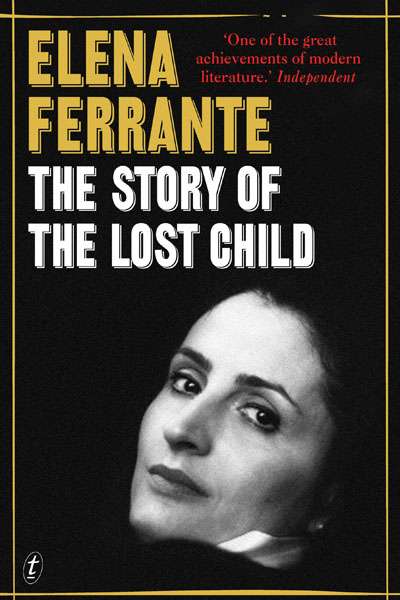

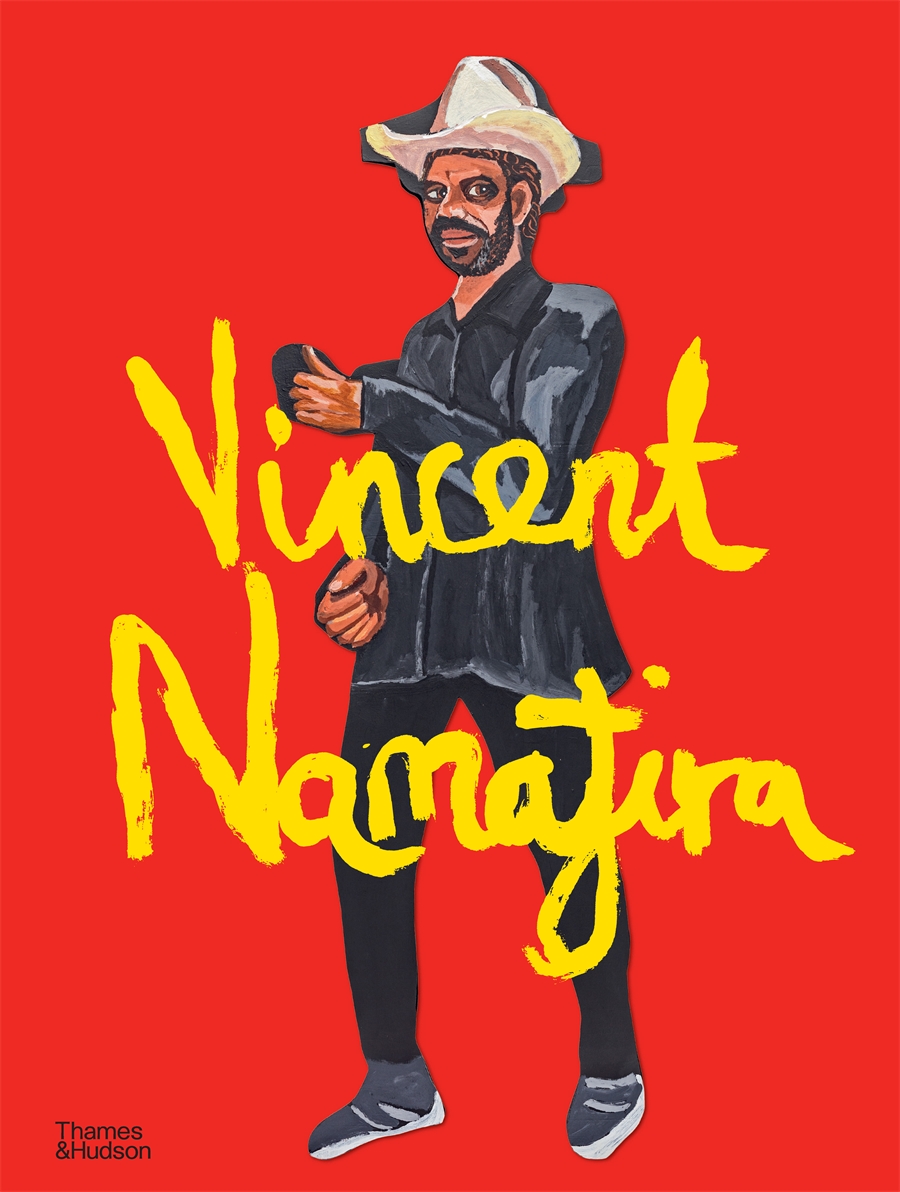
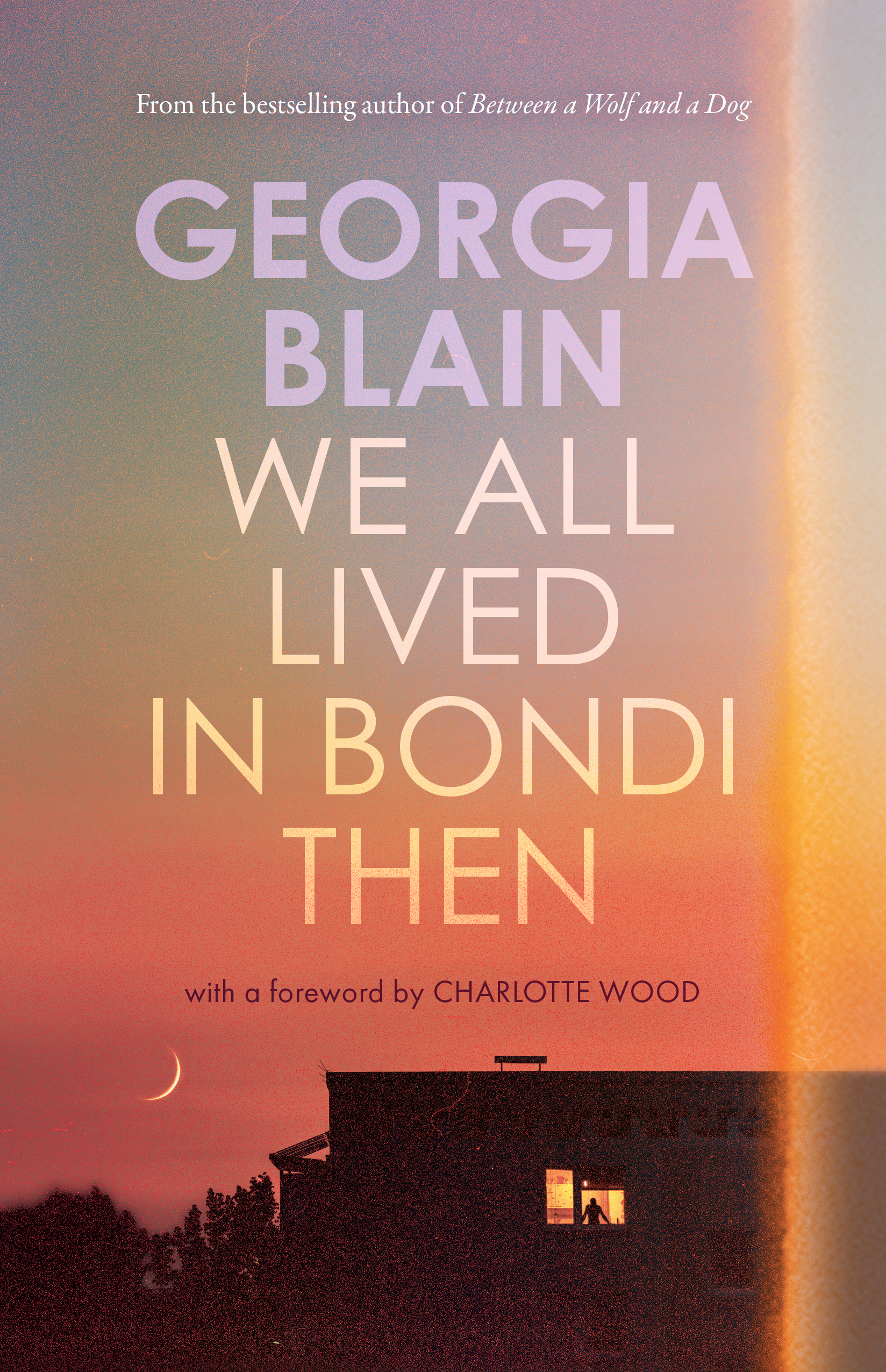

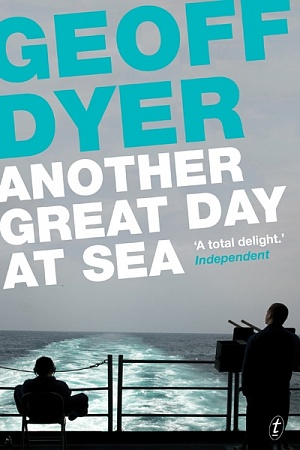
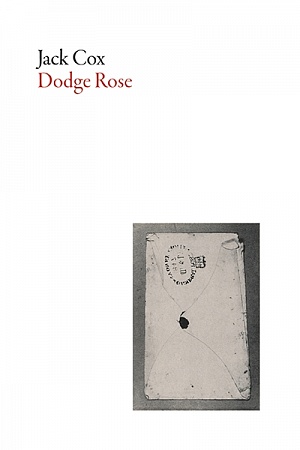
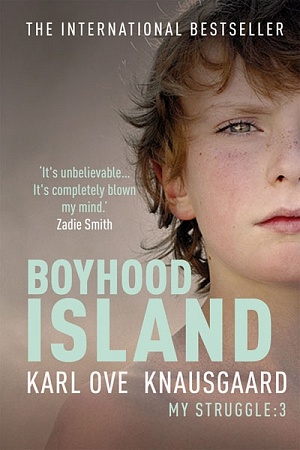

Comments (3)
I’m not sure how much the allure of the ‘ethnic other’ plays into the success of these books. These people are bitterly poor and Ferrante does not romanticise their lives. These novels would be remarkable wherever they were set.
There is something about the whole washing flapping-above-dark-southern-vicoli that charms Anglo readers fixated on the ethnic Other. The problem remains for those who actually have to haul in the smalls before the pigeon shit gets to them.
Last- and this may well slink in under radar- the specifically local nature of delinquent thugs is a worthy take home portrait, mercifully absent any tedious overstatement.
Leave a comment
If you are an ABR subscriber, you will need to sign in to post a comment.
If you have forgotten your sign in details, or if you receive an error message when trying to submit your comment, please email your comment (and the name of the article to which it relates) to ABR Comments. We will review your comment and, subject to approval, we will post it under your name.
Please note that all comments must be approved by ABR and comply with our Terms & Conditions.